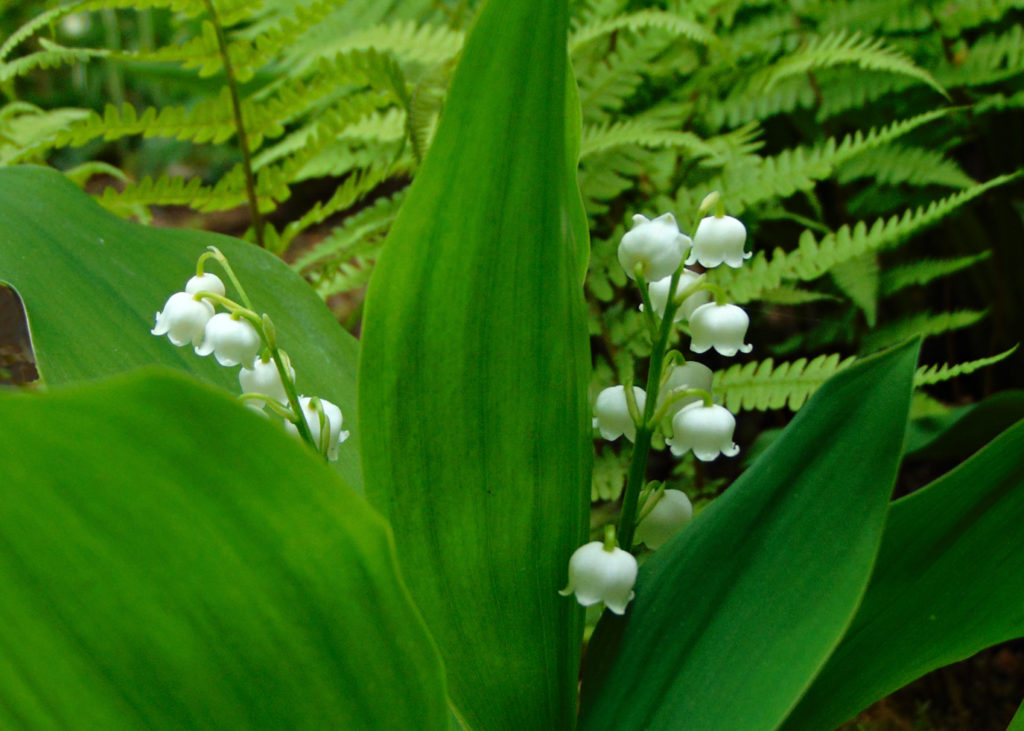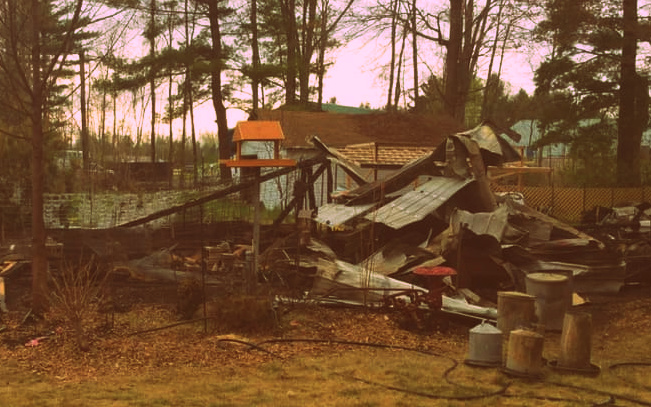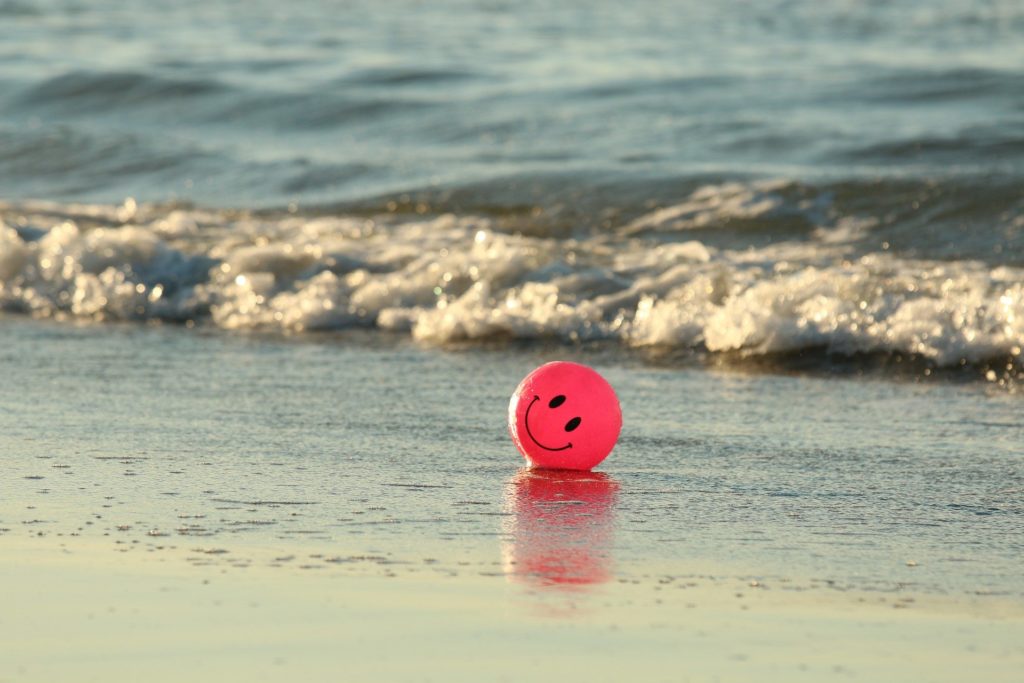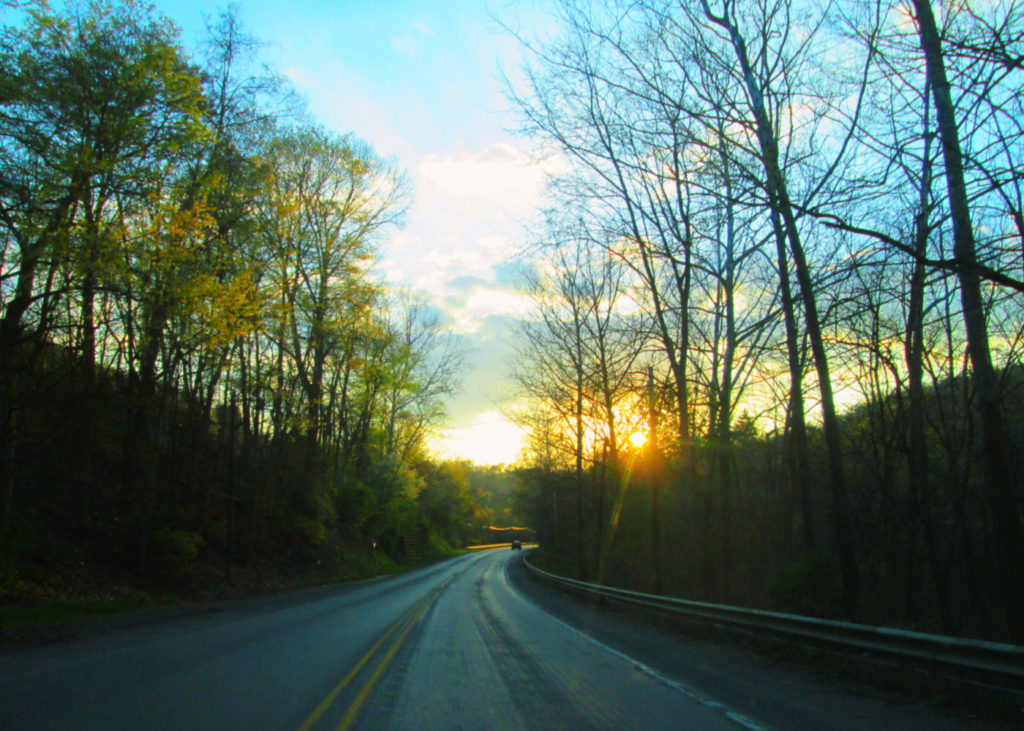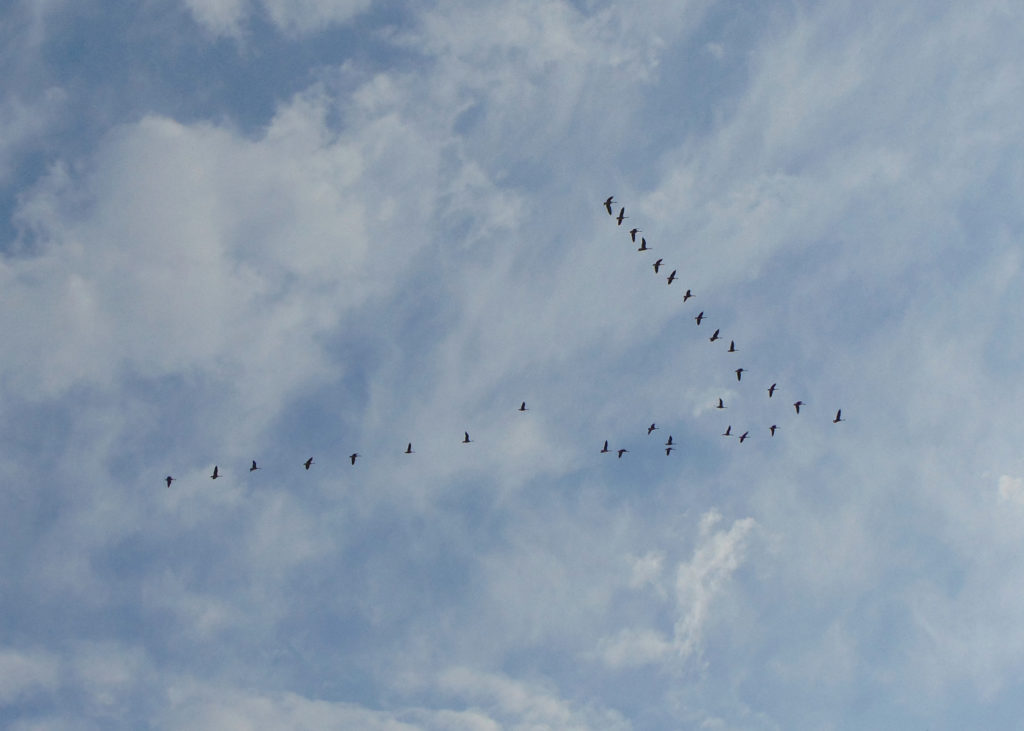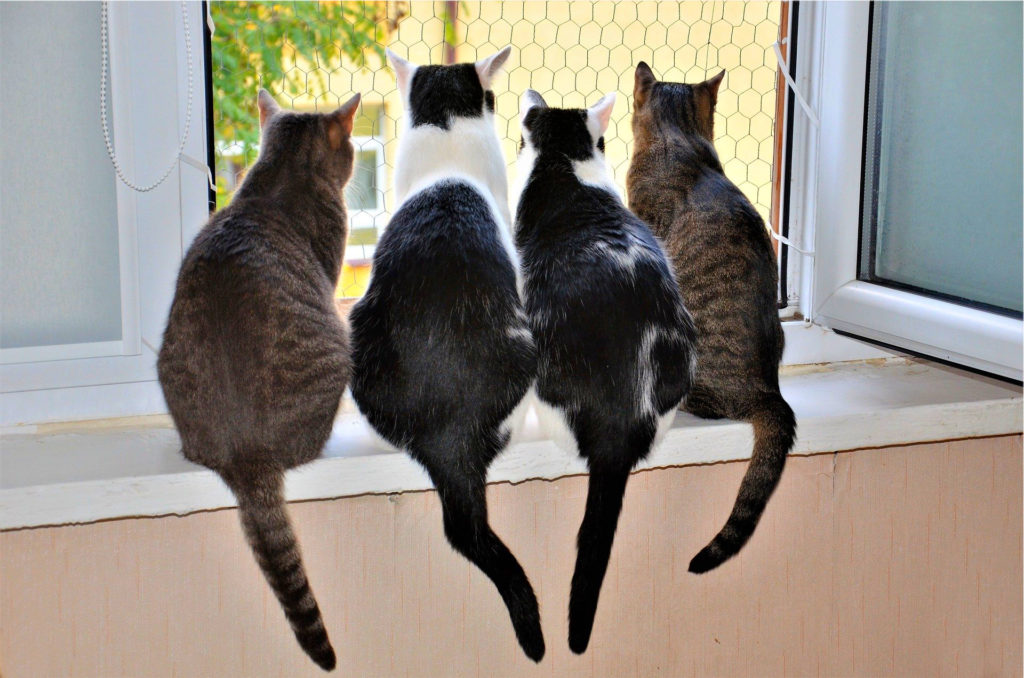I write these letters to you late on Saturday nights. I like settling into the stillness of the evening on those final hours of the week. I let go of all my thoughts about the happenings the week held, and all of those about what I expect to be doing next week. I tell all my complaints to go sit in the corner for a while. And then I just wait. Sooner or later, a little bubble floats into my awareness, and when it pops, there’s the thing I want to say to you.
Tonight, I’m filled with happy anticipation as I write. The week’s events lined up just as I had hoped they would, and tomorrow morning, maybe as you’re reading these words, I’ll be cruising down the highway to visit family and friends who live 400 miles away.
Because we’re lucky to see each other only once a year or so, the visits are special and precious.
I was thinking about how so many of us have been distanced from each other by this past year’s events, and how sad that was. The world has changed in so many ways. And as much as we might wish it, there’s no going back. There never is, you know. The past is past.
“Mom, where do all the yesterdays go?” my son, then six, asked me. I was astonished by the question. I had no idea what to say. So I asked him where he thought they went.
“I think they all gather together in some special place,” he said.
He was right. Children can often see things so clearly.
In some special place, all of the past still lives, every detail of it perfectly preserved. And we have the wonderful ability to dip into it at will, and to pull from it the parts that we experienced. All of our stories are there. Every last one of them. Isn’t that amazing?
I’m taking some memorabilia with me on my trip to share, documents and photos. They’ll act as keys to the place where yesterdays dwell, and we’ll laugh and think of things we did back when and tell each other stories.
That kind of sharing is so rich.
Especially in a world as filled with turmoil as ours is, it’s from our relationships that we draw the greatest meaning and comfort. We’re not in this alone. We have companions on this journey. And sometimes, it’s good to sit and talk with each other about where you’ve been, and what you’ve seen, what made you laugh, what embarrassed you, what made you cry, what you learned and loved along the way.
I’m glad I’ll get to do some of that for a few days. I hope an opportunity will come for you to visit and savor pieces of days past, too. I hope you get to reminisce with someone special, even if only in your mind.
In my mind, I’ll looking through this electronic screen at your face, smiling at you, glad we get these little Sunday visits. You’re real to me, you know, even if we have never met in person or exchanged notes. For a few minutes every week, we get to have this little mind-meld. And in my heart, I wish you an easy day that’s sparkled with joy and fills you with contentment.
Warmly,
Susan
Image by choemik from Pixabay
